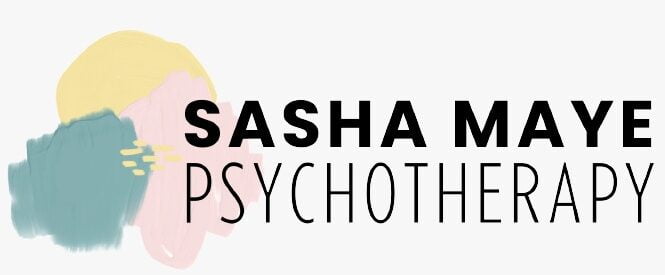As a psychotherapist, I feel profoundly shaped by the teachers who came before me.
Visionaries like Virginia Satir, Bessel van der Kolk, Irvin Yalom, and Milton Erickson paved the way.
Their wisdom informs my work and thinking.
Satir showed me how family systems and communication patterns influence wellbeing. Van der Kolk demonstrated the imprint trauma leaves, not just on the mind but on the body. Yalom revealed the healing power of the therapeutic relationship. And Erickson taught me to utilise language patterns to induce change.
I integrate techniques and insights from these giants and many more.
We all must stand on the shoulders of those before us to continue moving the field forward.
No one therapist has all the answers.
Each has a piece of the puzzle.
But it’s not just influential therapists who guide my approach.
Groundbreaking neuroscientists like Stephen Porges and Dan Siegel have illuminated how our neural circuitry shapes emotions and relationships.
Their work enriches our understanding of the inner workings behind healing.
And recognizing the world around us is key too.
The social, cultural, and political context a client lives in informs their suffering and recovery.
We must tune into what’s happening globally to comprehend current lived experience.
The complex issues we face today as a society require an integrative influence.
An openness to varied perspectives allows me to help clients make meaning of this chaotic world.
Rigid adherence to one therapeutic school falls short.
Over and out.
